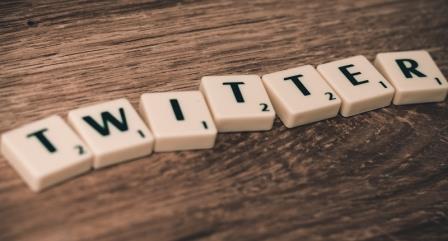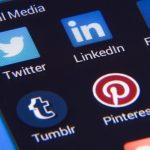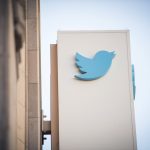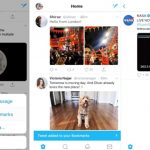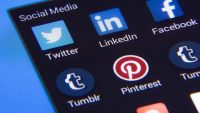Twitter’s the top social network for diplomacy, new study finds
Twitter’s the top social network for diplomacy, new study finds

A new study has revealed what some may have already suspected: Twitter is the top choice for diplomats compared to other social media platforms.
The 2016 Twiplomacy study by communications firm Burson-Marsteller found that Twitter was used by world leaders or governments in 173 nations – equal to 90% of all UN member states. By comparison, Facebook just missed out on the top spot, being used by 169 governments (87%).
Rounding out the top four was Twitter (78%) and Instagram (70%).
The study added that governments with large social media teams were also dipping their toes into Snapchat and Vine’s waters.
“Governments that do not have full broadcasting capabilities, mainly in Latin America, are embracing Periscope and Facebook Live to broadcast their press conferences,” it added.
“This cross-platform study shows that world leaders are increasingly taking an integrated approach across several social media channels, an indication of where more and more business leaders are likely to move as well,” said Jeremy Galbraith, CEO of Burson-Marsteller EMEA and Global Chief Strategy Officer, in a press release.
“We are seeing that world leaders are allowing people to ‘meet’ the personality behind the official title – and that today, much more than words, creative or personal images get messages across most powerfully, a tactic that corporate leaders can use just as effectively.”
A key foreign policy tool?
The study also noted what some might consider to be obvious: that a huge number of followers doesn’t necessarily result in influence.
“The official presidential @POTUS Twitter account, set up in May 2015, has become the seventh most followed account with 7.6 million followers, and it is by far the most effective account considering it averages 12 350 retweets per tweet. In comparison, the tweets sent by the @BarackObama account, which has ten times as many followers as @POTUS, are only retweeted on average 1572 times.”
The study also found that foreign powers use Twitter in a bid to establish mutual relations.
“In May 2015, the US State Department used Twitter to re-establish ties with its Cuban counterpart, months before the official re-establishment of diplomatic relations. The State Department also tried to connect with Iran’s President Hassan Rouhani and Foreign Minister Javad Zarif, but has unfollowed both men who had not reciprocated,” Burson-Marsteller explained.
The report revealed a number of other key findings, such as the most followed female leader (Indian Foreign Minister Sushma Swaraj, at five million followers) and the most-followed EU leader (the UK Prime Minister’s account, at 4.4 million followers).
African leaders excelling as well

How do African leaders fare though?
Well, Kenyan President Uhuru Kenyatta tops the charts for sub-Saharan Africa (1.47 million followers), closely followed by Rwandan President Paul Kagame (1.42 million followers) and then our own Presidency account, at 673 000 followers.
He may have missed out on topping the African charts, but Kagame can take consolation in the fact that he’s the most conversational leader in the world.
The study found that a whopping 81% of his tweets are replies to fellow Twitter users, occasionally sharing exchanges with his children as well. The DRC’s Prime Minister Mapon Matata was in second place, with 76% of his tweets being replies. Rwandan Prime Minister Anastase Murekezi is in third place with 60%.

(18)

